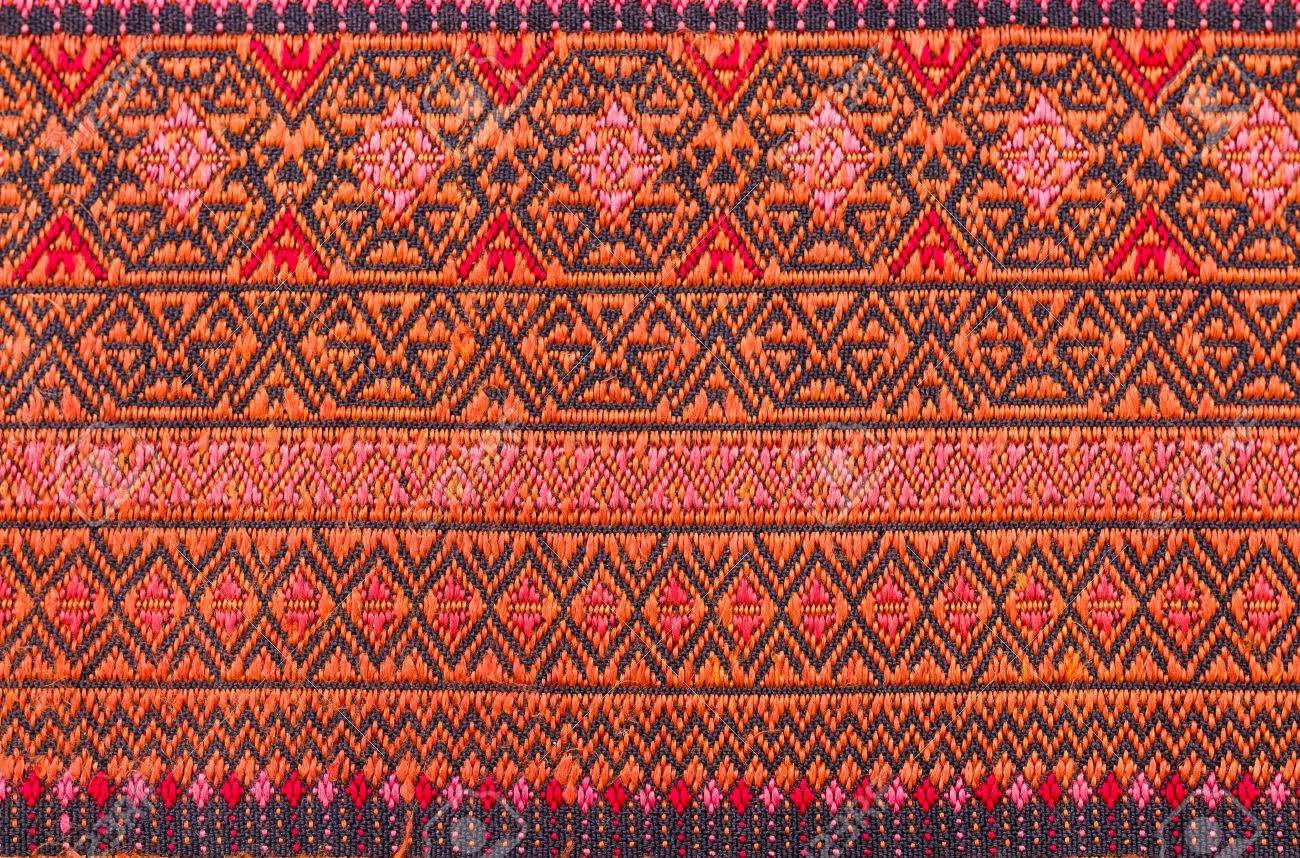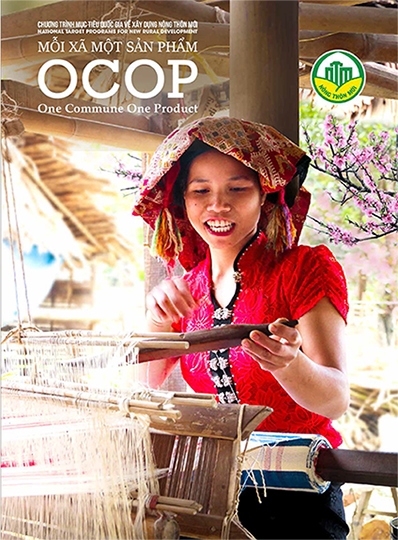Thai silk continues to ride a boom in global demand, with growth estimated at 33 per cent year on year in 2019. Among the factors driving growth are the nouveau riche in China, who love to decorate their homes with golden silk. Chinese investors have expressed interest in opening silk plants in Thailand that can cater to its wealthy class. The rapidly increasing number of tourists coming to Thailand, as well as online market tools, have helped fuel the growth of the Thai silk market.
In 2019, revenue from silk thread exports are expected to be valued at Bt5 billion, a 33 per cent growth over the previous year’s Bt3 billion. The price of silk thread has risen to Bt1,800 per kilogram, 20 per cent higher than the previous year’s Bt1,500 per kg. Geographical Indication silk thread prices have risen to Bt.2,500 per kg, growing at 14 per cent compared to the previous year’s Bt2,200 per kg.
Demand for Thai silk has seen a boom in the last few years. Many foreigners, such as Japanese, Chinese and Spanish visit and contact for information about Thai silk. Japanese have shown the most interest in Thai silk. When they travel to Thailand, they usually buy ready-made silk dresses or silk home decorations as souvenirs.
China is looking to invest in a silk factory as the material has become increasingly popular among Chinese millionaires who use it as wallpaper and home decoration. Local silk supply in China is declining as the government plans to earmark agricultural areas for the industrial sector, which will affect silk output. Chinese investors see promise in the ability of Thai silk farmers to feed China’s market.
Golden silk is growing in popularity among Chinese millionaires. Most countries have the potential to produce only white silk while Thailand is capable of producing golden silk. The Thai capacity meets organic silk standards, helping boost exports in terms of quantity and price. The online market has also facilitated sales of Thai silk, which has had favourable effects on Thai silk farmers and local businesses.
Moreover, the department of sericulture has registered its peacock seal in 35 countries, which include European Union nations and others like China, Norway, Philippine, Malaysia, the US, Singapore, India and Hong Kong.




